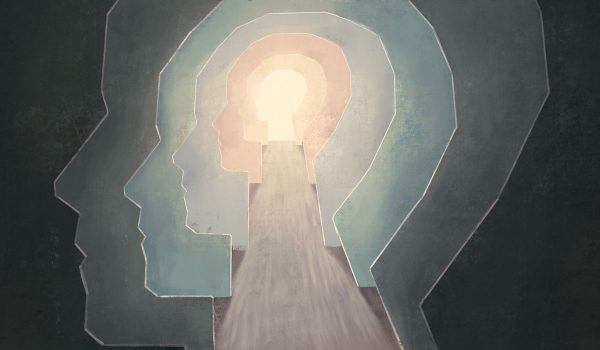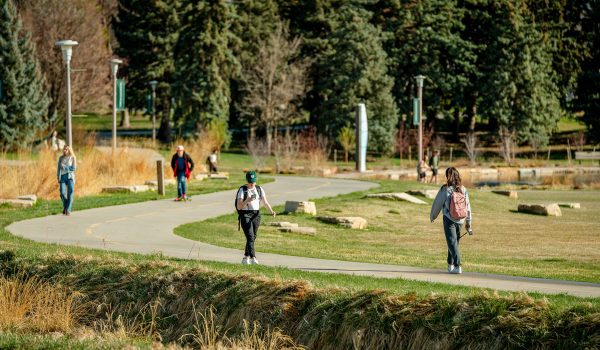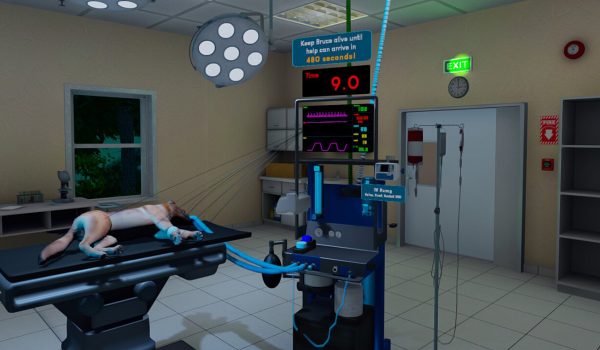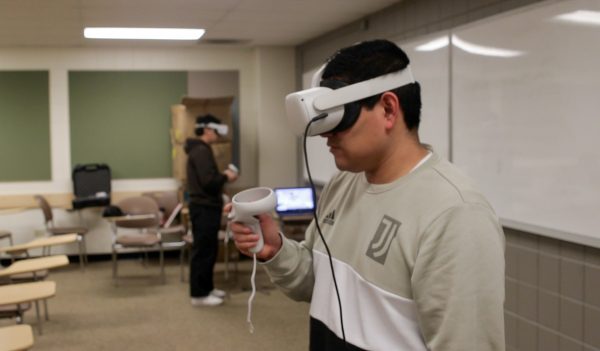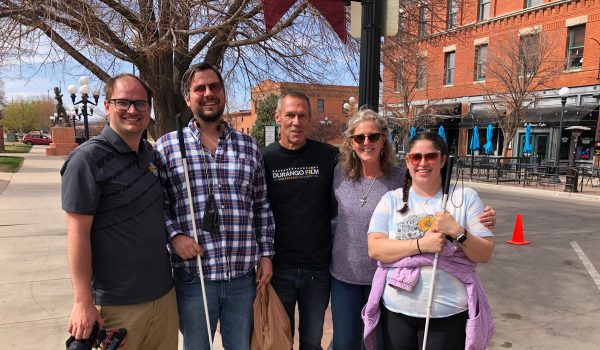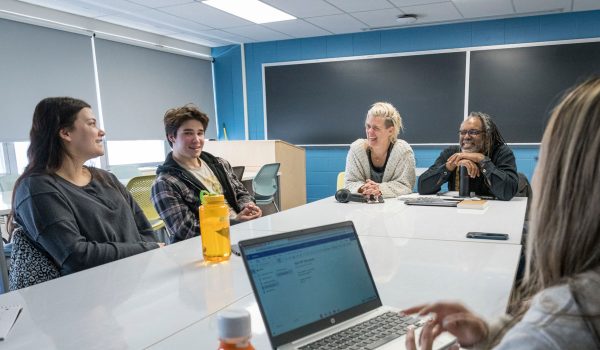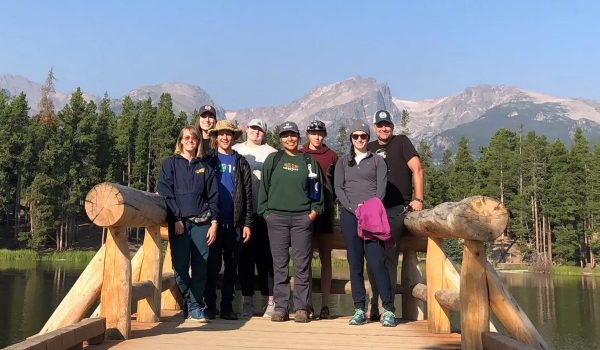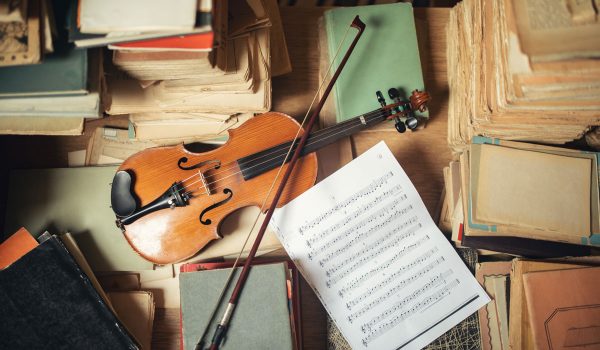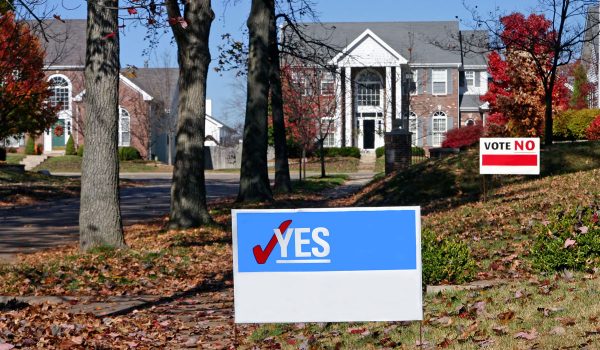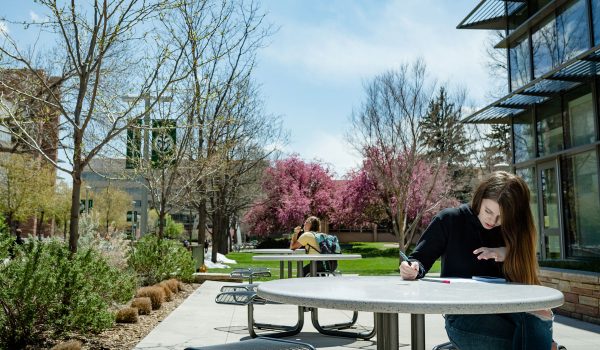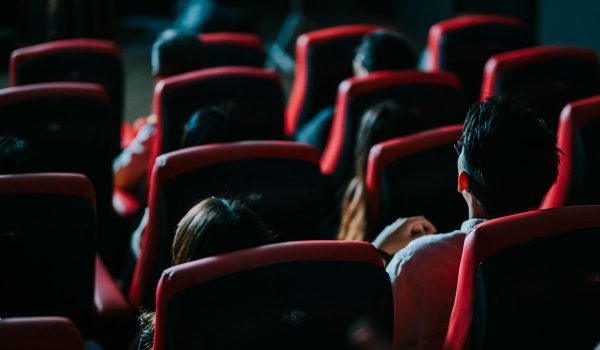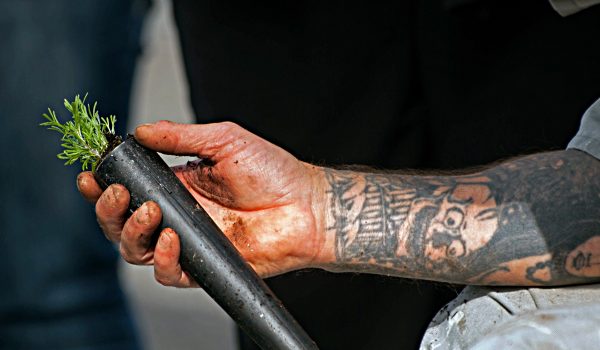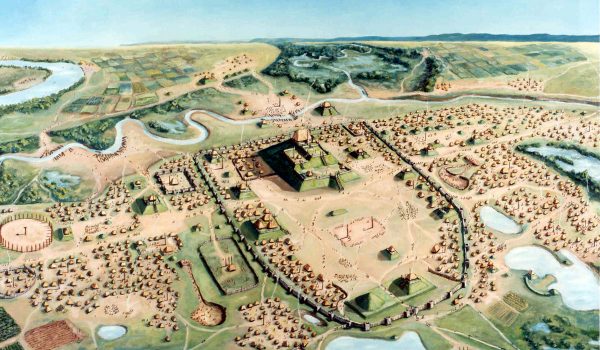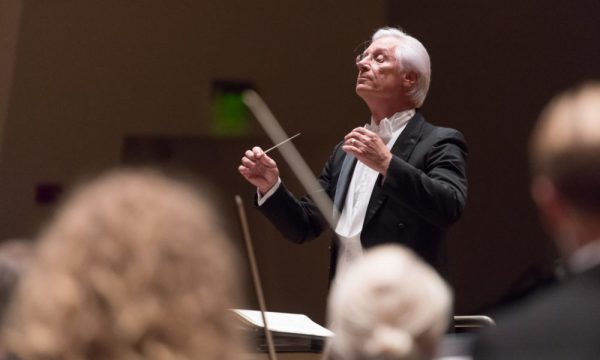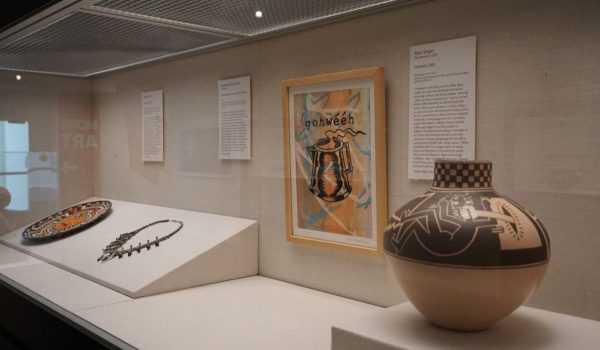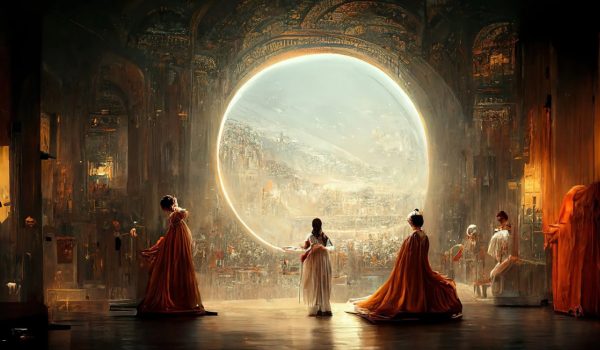Spring 2023
Lenses of the Liberal Arts: Perception
How our disciplines in the arts, humanities, and social sciences help us identify, analyze, and understand our world from a variety of perspectives.
Scroll down to see this issue's featured stories
Letter from the Dean: Perception and the Liberal Arts
The intersection of perception – the process by which we perceive, interpret and make sense of the world around us – and the liberal arts offers a rich terrain for exploration and analysis, as both seek to understand the human condition and our place in the world.
College of Liberal Arts Spring 2023 News
Read the latest news in the College of Liberal Arts, including alumni stories, research and scholarship stories, and retirement announcements.
Where the Digital and Physical Collide
Cy Tornatzky uses electronic art and virtual reality to explore artistic expression and to train future veterinarians in anesthesiology basics using VetVR.
Seeing the Whole Person: How Using Virtual Reality to Learn Spanish Better Meets the Needs of Spanish-Speaking Populations
International Studies | Languages, Literatures and Cultures
How do we offer students more real-life experiences to try their language skills? By using virtual reality to put them into linguistic and cultural scenarios.
CSU economist wants to change how you see economics and the people who study it
Alex Bernasek wants to change the perception of economics from a science of numbers to a science of people. She studies gender and economics as it relates to inequality, such as the wage gap and the motherhood penalty, and works to bring more women to the fore in the discipline.
Filming Blind: CSU alumna pursues her passion after losing her sight
Journalism and Media Communication
Steve Weiss documents alumna Taylor Aguilar’s journey in filmmaking after she becomes blind, helping to break down barriers about disability in film.
Coming Together to Build Tools of Resistance: New Undergraduate Courses Expand Perceptions of Protest
Race, Gender, and Ethnic Studies
Protest can occur in many forms. Recent students in ethnic studies and women’s and gender studies are finding alternative ways to protest: through satire and irony, and through creative and cultural production.
Why the Public Lands History Center is changing its name
Name change! The Public Lands History Center changes its name to Public Environmental History Center to better reflect the connection between humans, their environment, and public lands, acknowledging 16 years of great work and an exciting future ahead.
Music and Emotional Perception
How can we all experience similar emotions when we hear a piece of music played? What makes the tones and tempo of music universal? Domenica Romagni investigates the aesthetics of music and how it can arouse emotion and strengthen empathetic connection.
The Political Perception Gap and the Role of Higher Education
Are we as polarized as the media tell us we are? What do we really think of our neighbors and community? Recent research shows that multiple things influence our politics and perceptions of others, and that engaging in cross-partisan discussions can change those perceptions.
Perceptions of a Premiere
School of Music, Theatre, and Dance
2020 was a year of tragedy, including the Cameron Peak and East Troublesome Fires. Composer James David used the devastation around him as inspiration for a new composition, Troublesome Fire.
Centering Student Choices: Why Linguistic Justice is a Pivotal and Empowering Pedagogical Framework
Three programs—the University Composition Program, TEFL/TESL, and English Education—are challenging a monolingual expectation of language and the idea that there is only “right” way to speak and write in academia.
Popular Culture Obscures and Reveals: A Look at Korean Film and Queer Rhetoric
Korean cinema and queer rhetoric have both been brought to the forefront of U.S. culture in recent years, and Communication Studies professors help show us how and why.
New interactive digital project reveals what’s hidden in the prison agriculture system
At first look, the prison agriculture system might sound like a benefit to community and prisoner, but a dive into the program’s history, cost, and output reveal a more complicated and challenging issue.
North America’s First City: 20,000 people in 1050 C.E.
Ed Henry and colleagues receive $312K NSF grant to investigate the mounds at Cahokia, the largest and most influential urban settlement of the Mississippian culture in 1050 C.E., using magnetometry instruments that are non-invasive and non-destructive.
Honoring a maestro’s legacy
College of Liberal Arts | School of Music, Theatre, and Dance
Wes Kenney, CSU maestro of the symphony for 20 years, retires, leaving a legacy in his conducting and his support for students.
Changing people’s perceptions of museums
Art and Art History | The Gregory Allicar Museum of Art
Who goes to museums? Who are they designed for? At the CSU art museum, the staff extend invitations to anyone to engage with art and one another through their choices of exhibits, displays, and programming.
The Mistakes We Make and the Errors that Make Us: Perception and Imagination in the Liberal Arts
Interdisciplinary Liberal Arts
Perception, and the cultural and sociopolitical influences on it, is what allows us to define a problem or determine right and wrong. In the art world, what constitutes art is regularly a matter of perception.

